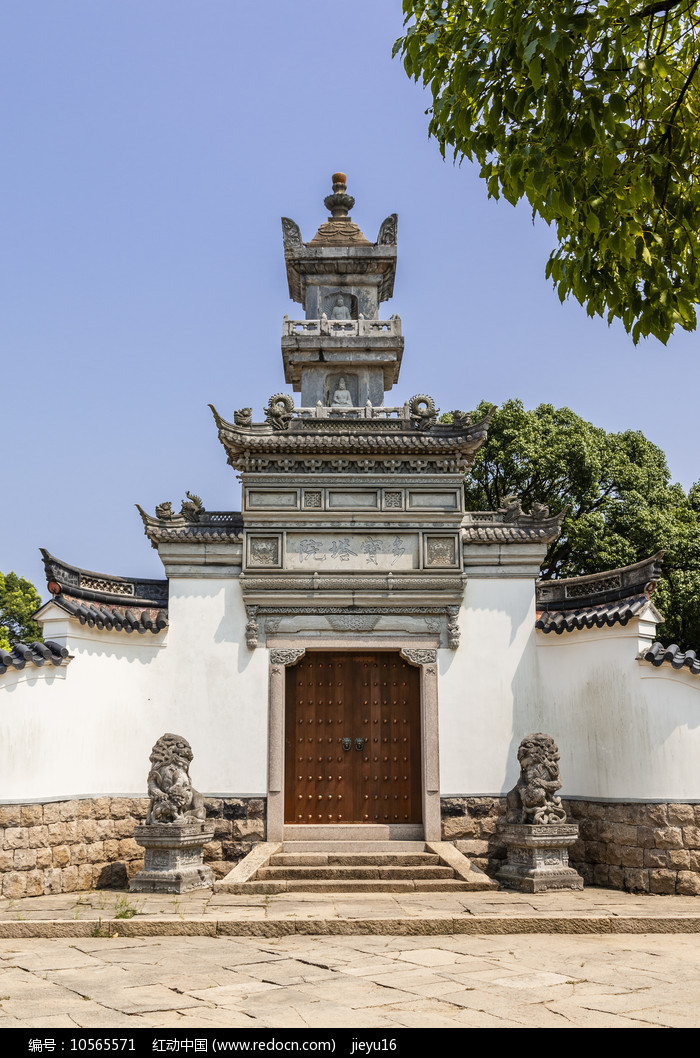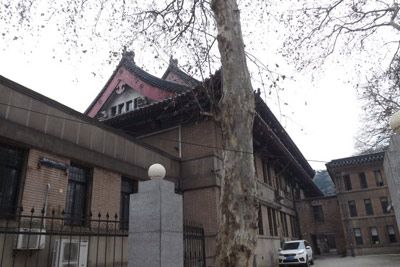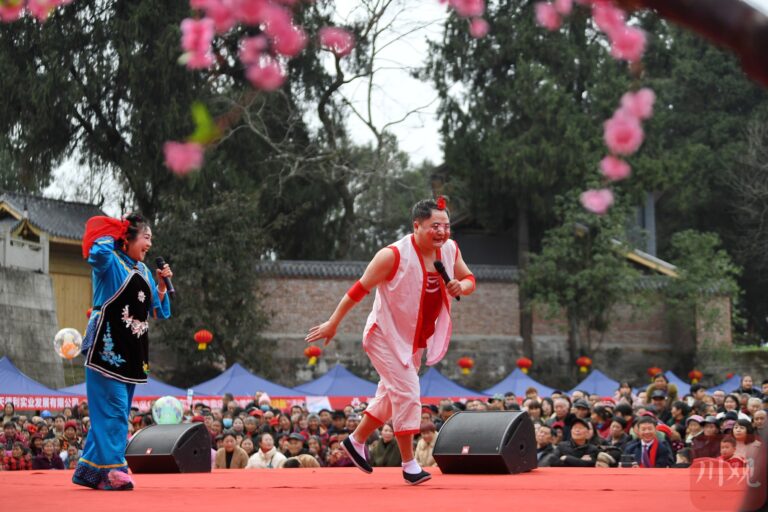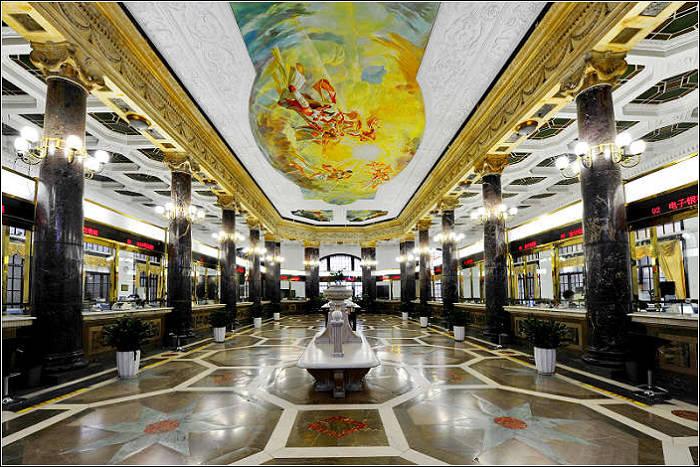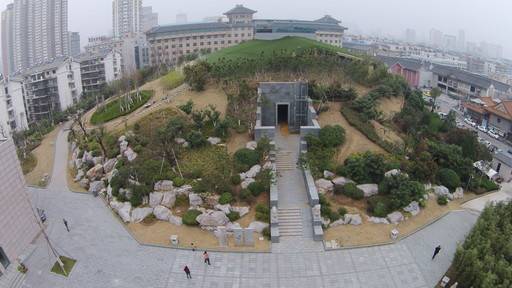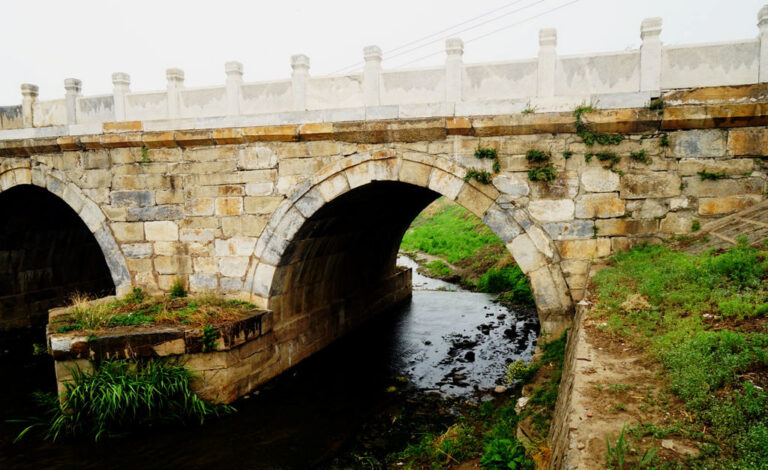Unveiling the Secrets of Linfen Yonghe Confucian Temple Hall: A Cultural Experience
An Essential Guide to Visiting Linfen Yonghe Confucian Temple Hall
In This Guide
- An Essential Guide to Visiting Linfen Yonghe Confucian Temple Hall
- The Rich History of Linfen Yonghe Confucian Temple Hall
- Main Highlights: What to See at Linfen Yonghe Confucian Temple Hall
- Planning Your Visit: A Practical Guide
- Tickets, Hours, and Booking
- How to Get There
- Local Cuisine and Accommodation
- Frequently Asked Questions
- Final Thoughts on Your Trip
Nestled in the heart of Linfen’s Yonghe County, the Yonghe Confucian Temple Hall (永和文庙大成殿) stands as a remarkable testament to China’s rich cultural heritage. This ancient site, originally built during the Yuan Dynasty in 1306, serves not only as a spiritual sanctuary but also as an architectural marvel showcasing traditional Chinese craftsmanship. Visitors are greeted by the intricate wooden structures that have withstood the test of time, embodying the philosophical teachings of Confucius that have guided Chinese society for centuries.
As you wander through the temple grounds, you’ll discover a serene atmosphere perfect for reflection and appreciation of Confucian ideals. The hall, adorned with ornate carvings and inscriptions, invites you to delve into the wisdom of one of history’s greatest thinkers. Surrounded by lush greenery and tranquil landscapes, the temple offers a peaceful escape from the hustle and bustle of modern life, making it an ideal destination for both history enthusiasts and casual travelers alike.
In recent years, the hall has garnered attention for its historical significance and architectural beauty, drawing visitors who seek to connect with China’s past. Whether you’re exploring the temple’s rich narratives, immersing yourself in the tranquil environment, or simply seeking a unique cultural experience, the Yonghe Confucian Temple Hall promises a captivating journey into the heart of Chinese tradition.
The Rich History of Linfen Yonghe Confucian Temple Hall
Nestled in the heart of Linfen, the Yonghe Confucian Temple Hall, also known as the Dacheng Hall, is a historical treasure that echoes the profound legacy of Confucianism in China. This magnificent structure, dating back to the Yuan Dynasty, was originally reconstructed in 1306 and has stood the test of time for over 700 years.
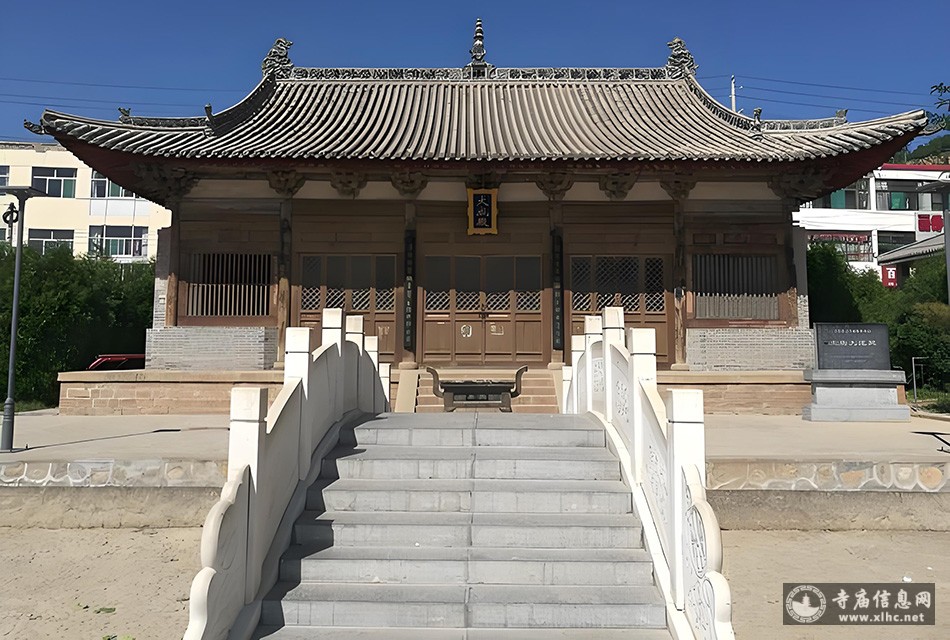
Linfen Yonghe Confucian Temple Hall.
The temple was built to honor Confucius, the esteemed philosopher whose teachings have shaped Chinese culture and governance for centuries. Not merely a place of worship, the Yonghe Confucian Temple Hall served as a center of learning and moral cultivation, reflecting the Confucian ideals of education, respect for tradition, and social harmony.
Architecturally, the Hall is a remarkable example of Yuan dynasty wooden construction. Its unique design showcases intricate joinery techniques that eschew the use of nails, relying instead on a sophisticated system of wooden interlocking joints. This engineering marvel not only demonstrates the craftsmanship of the era but also exemplifies the harmony between structure and aesthetics that defines traditional Chinese architecture.
Throughout its long history, the hall has witnessed numerous cultural and historical shifts, including the Ming and Qing dynasties. Each period left its mark on the temple, enriching its cultural significance and enhancing its architectural features. Today, visitors can admire the hall’s elegant eaves and majestic roof, which resembles a bird in flight, symbolizing the aspirations of Confucian scholars throughout the ages.
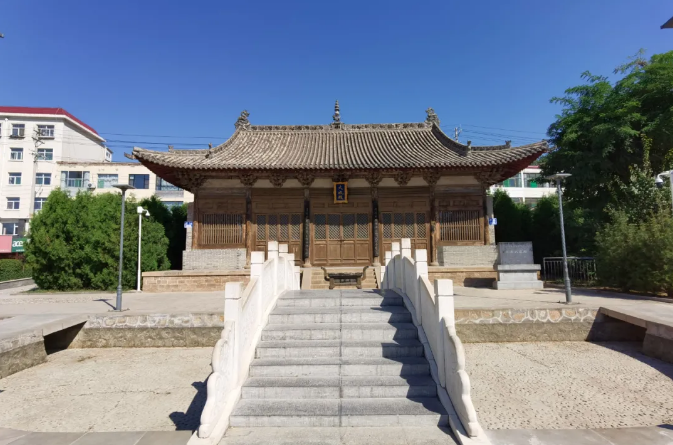
Linfen Yonghe Confucian Temple Hall.
Despite its historical importance, the Yonghe Confucian Temple Hall remains relatively obscure compared to other cultural landmarks in China, making it a hidden gem for those seeking a deeper understanding of Chinese history and philosophy. As visitors walk through its ancient corridors, they are not only stepping into the past but also immersing themselves in the enduring legacy of Confucian thought. The hall serves as a poignant reminder of the wisdom of Confucius and the values that continue to resonate in modern society.
In recent years, efforts have been made to preserve and promote the Yonghe Confucian Temple Hall as a key cultural site, ensuring that its historical significance is recognized and appreciated by future generations. Whether you are a history enthusiast or a casual traveler, a visit to this tranquil sanctuary offers a unique opportunity to explore the rich tapestry of China’s intellectual and cultural heritage.
Main Highlights: What to See at Linfen Yonghe Confucian Temple Hall
The Linfen Yonghe Confucian Temple Hall, known as 永和文庙大成殿, is a hidden gem that offers visitors a unique glimpse into the rich cultural heritage of China. Nestled in the heart of Yonghe County, this ancient structure is steeped in history and architectural brilliance, making it a must-visit for anyone exploring the region.
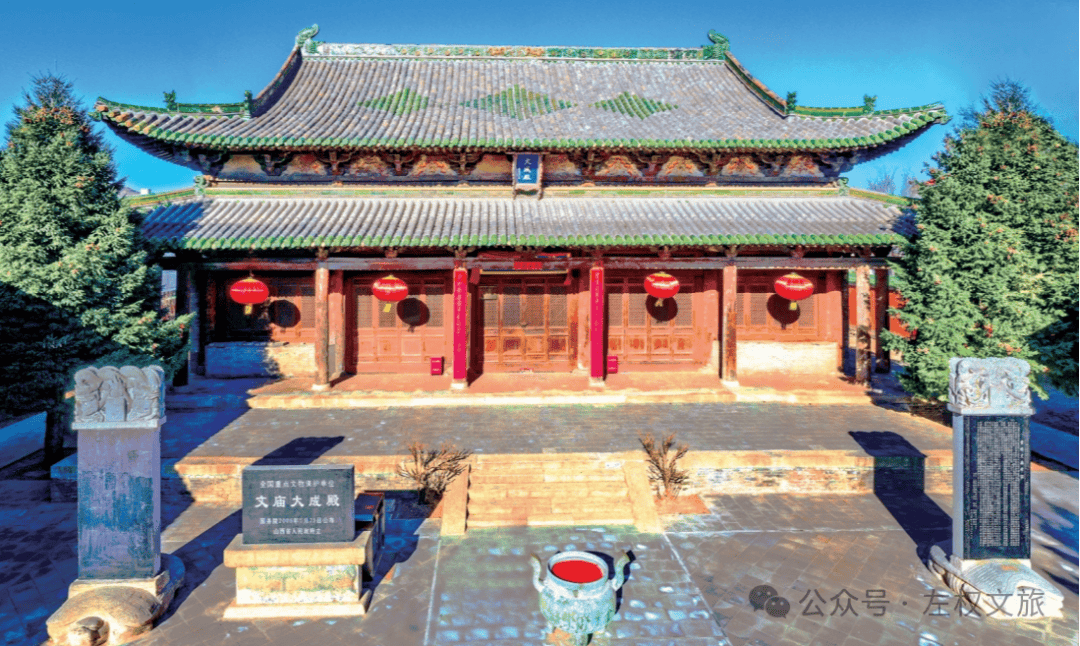
Linfen Yonghe Confucian Temple Hall.
One of the most striking features of the temple is its exquisite Yuan Dynasty architecture, dating back to its reconstruction in 1306. This hall is celebrated for its intricate wooden joinery, which showcases the masterful craftsmanship of the era. Remarkably, all the connections in the structure are made without the use of nails, a testament to the sophisticated techniques employed by ancient builders.
The temple hall serves as a tribute to Confucius, the revered philosopher whose teachings have shaped Chinese culture for centuries. Visitors can immerse themselves in the serene atmosphere, surrounded by beautifully preserved artifacts and inscriptions that reflect Confucian values and philosophies.
Accessibility is another highlight, as the temple is located conveniently near Yonghe Middle School, making it easy to find for those traveling in the area. While there is no official entrance fee, a small gesture of appreciation for the caretakers is always welcome.
Beyond the architectural marvels, the surrounding area is rich with additional attractions. After your visit, consider exploring the nearby scenic spots, such as the renowned Yellow River Scenic Area and the breathtaking Hukou Waterfall. For those with a culinary curiosity, local delicacies such as beef meatballs and lamb soup are highly recommended, providing a flavorful taste of the region.
Whether you’re a history buff, architecture enthusiast, or simply looking to deepen your understanding of Chinese culture, Linfen Yonghe Confucian Temple Hall offers an enriching experience that captures the essence of China’s illustrious past.
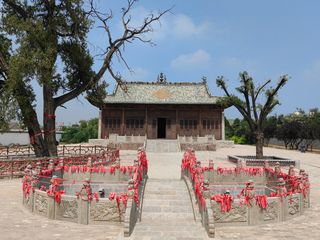
Linfen Yonghe Confucian Temple Hall.
Planning Your Visit: A Practical Guide
Visiting the Linfen Yonghe Confucian Temple Hall, known as 永和文庙大成殿 in Chinese, offers travelers a glimpse into China’s rich cultural heritage and Confucian philosophy. As you plan your visit, here are some essential details and tips to enhance your experience.
Location and Accessibility
The temple is situated in Yonghe County, near Linfen City, specifically on the western side of the Yonghe Middle School campus. To reach the temple, you can use local transportation options such as taxis or buses from Linfen’s city center. The GPS coordinates are helpful for navigating, but asking locals for directions can also be a rewarding experience, as they often share their insights about the area.
Admission Fees
Entrance to the Yonghe Confucian Temple Hall is typically free, allowing everyone the opportunity to explore this historical site. However, it’s advisable to check for any potential fees or donation requests upon arrival, as local practices can vary.
Opening Hours
The temple’s opening hours may fluctuate, so it’s best to verify the current schedule before your visit. Typically, it is open throughout the day, but contacting local tourism information or checking online resources can ensure you have the most accurate details.
What to Expect
The Yonghe Confucian Temple Hall is not just an architectural marvel but also a place of deep cultural significance. As you wander through its halls, you will encounter intricate wooden structures, statues, and inscriptions that celebrate Confucian teachings. Take your time to appreciate the craftsmanship and the peaceful ambiance of the temple grounds.
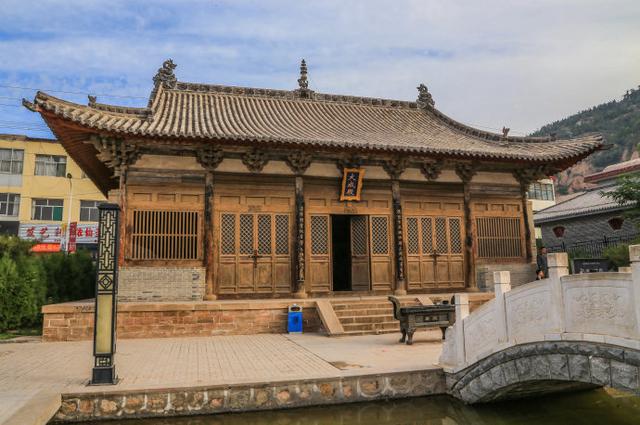
Linfen Yonghe Confucian Temple Hall.
Nearby Attractions
After exploring the temple, consider visiting nearby attractions. The scenic Yellow River Qian Kun Bay area is only a short drive away and offers stunning views of the river. For those interested in history, the nearby Guansheng Temple, established during the Eastern Han Dynasty, is worth a visit as well.
Local Cuisine
No visit is complete without sampling local delicacies. After your temple visit, explore nearby eateries to taste regional specialties like beef meatball noodles and lamb soup, which are popular in the Linfen area. Consider visiting local markets or restaurants to experience the culinary culture firsthand.
Tips for Visitors
- Respect Local Customs: As a place of worship, maintain a respectful demeanor, particularly in worship areas.
- Photography: While photography is generally allowed, be mindful of signs indicating restrictions, especially in areas where worshippers may be present.
- Stay Hydrated: If you are visiting during the warmer months, carry water to stay hydrated as you explore the temple and surrounding areas.
Conclusion
A visit to the Linfen Yonghe Confucian Temple Hall promises an enriching experience that melds history, culture, and spirituality. By planning ahead and being mindful of local practices, you can fully enjoy this serene destination in Shanxi Province. Happy travels!
Tickets, Hours, and Booking
Visiting the Linfen Yonghe Confucian Temple Hall is a culturally enriching experience, and planning your visit is made easier with straightforward ticket information.
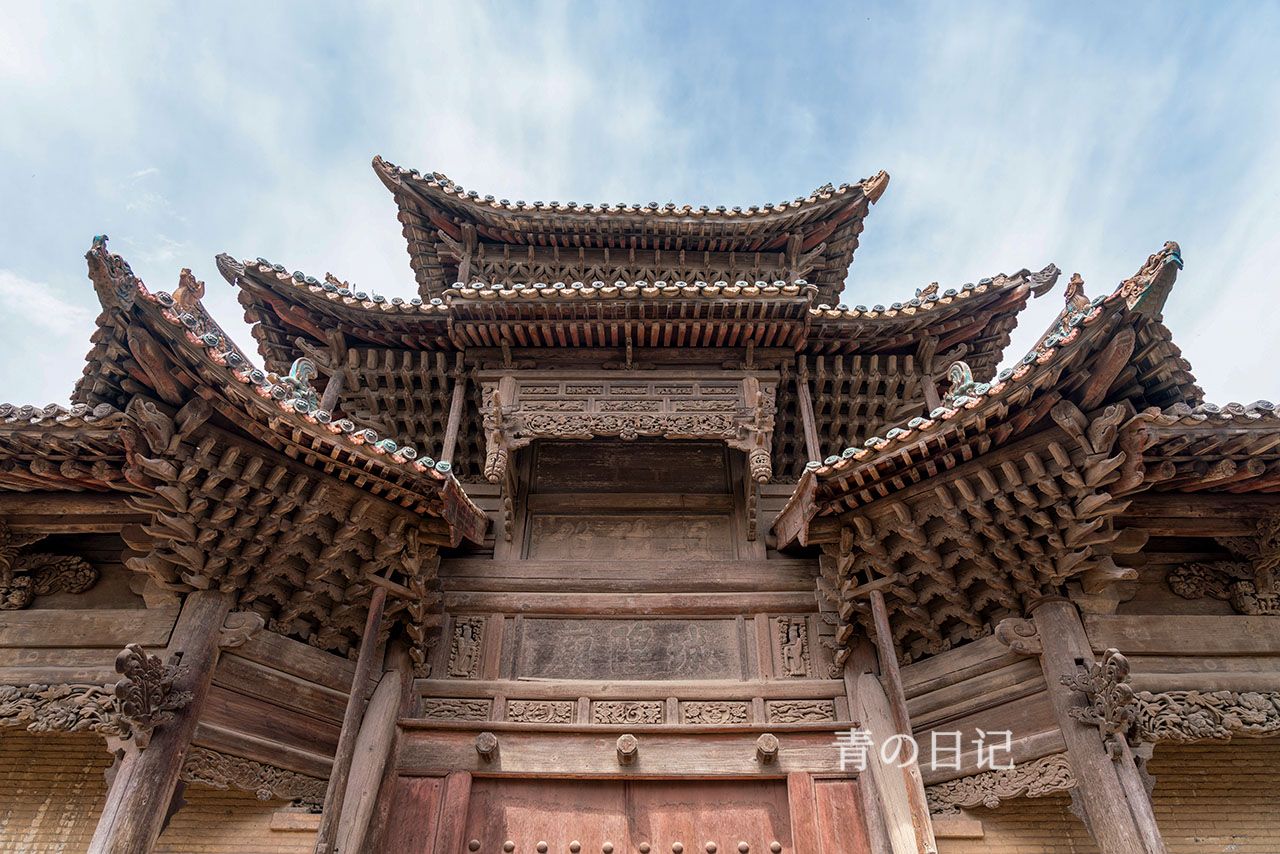
Linfen Yonghe Confucian Temple Hall.
Admission to the temple hall requires a ticket, which is priced at approximately 35 RMB (around $5 USD) per person. This modest fee grants access to the temple’s beautiful architecture and its tranquil surroundings, allowing visitors to soak in the rich heritage of Confucian philosophy and Chinese history.
For those looking to save, group tickets might be available, offering discounts for larger parties. It’s advisable to check with local travel agencies or online platforms prior to your visit for any special offers or bundled packages that might include the temple visit along with other attractions in the area.
The temple hall’s opening hours may vary, so it’s best to confirm the latest information before your trip. It’s also worth noting that, while the site does not have official guided tours, visitors are encouraged to explore at their own pace and take in the serene atmosphere.
To ensure a smooth experience, consider booking your tickets in advance, especially during peak tourist seasons, when visitor numbers can be high. This will help you avoid long waits and maximize your time enjoying the historical and cultural significance of the Linfen Yonghe Confucian Temple Hall.
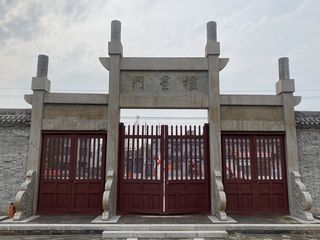
Linfen Yonghe Confucian Temple Hall.
How to Get There
When planning your visit to the Linfen Yonghe Confucian Temple Hall, understanding the transportation options is essential for a smooth and enjoyable experience. Here’s a comprehensive guide to help you navigate your way to this culturally rich site.
Getting There
By Air:
The nearest major airport is Linfen Yaodu Airport (LFQ), located approximately 30 kilometers from Yonghe County. This airport has domestic flights connecting to major cities like Beijing and Xi’an. From the airport, you can hire a taxi or take a shuttle bus to reach the temple.
By Train:
Linfen is accessible by train, with Linfen Railway Station serving as the primary station. High-speed trains from cities like Taiyuan and Xi’an often run to Linfen. Once you arrive at Linfen Railway Station, you can take a taxi or local bus to Yonghe County, which is about 50 kilometers away.
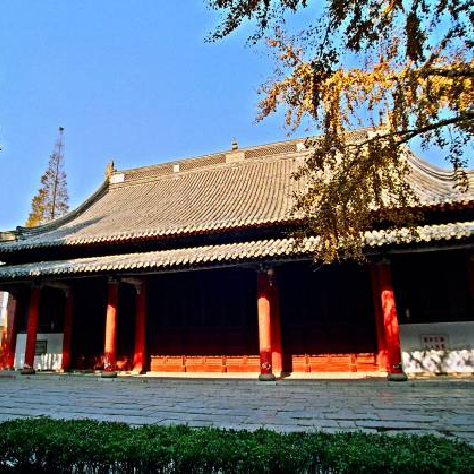
Linfen Yonghe Confucian Temple Hall.
By Bus:
Multiple long-distance bus services operate from major cities in Shanxi Province to Linfen. Buses can be caught from the main bus station in Taiyuan or other nearby cities. Upon arriving at the Linfen bus station, you can easily find taxis or local buses that will take you to Yonghe County.
Local Transportation
Taxis:
Taxis are readily available in Linfen and Yonghe County. They are a convenient option for reaching the Confucian Temple Hall directly. Make sure to have the destination written in Chinese characters to avoid any confusion.
Public Buses:
Public buses operate within Linfen and to Yonghe County, providing an economical way to travel. However, schedules and routes may vary, so checking local resources or asking at your accommodation for details is advisable.
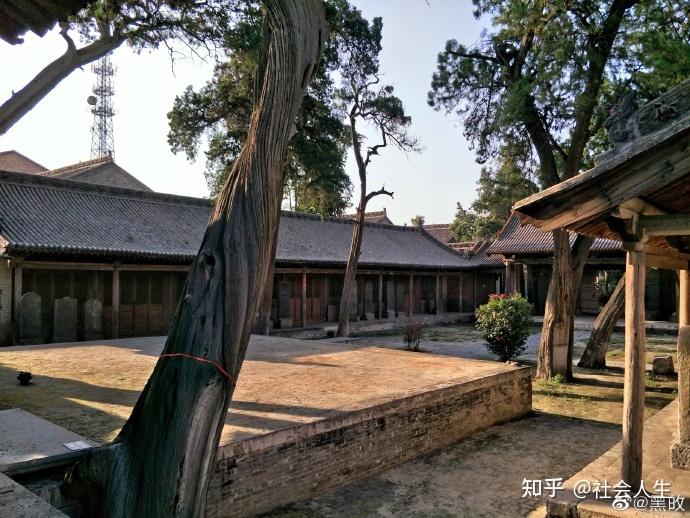
Linfen Yonghe Confucian Temple Hall.
Bicycles and Walking:
If you are staying nearby, consider renting a bicycle to explore the area at a leisurely pace. Walking also offers a unique opportunity to immerse yourself in the local culture and scenery.
Tips for Travelers
- Language Barrier: English is not widely spoken, so having a translation app or a phrasebook can be helpful when communicating with local drivers or asking for directions.
- Travel Apps: Downloading local transportation apps can enhance your navigation experience, as they provide routes, schedules, and real-time updates.
- Timing: Be mindful of peak travel times, especially during holidays or weekends, as transportation may be crowded and schedules may be affected.
By utilizing these transportation options, visitors can ensure a hassle-free journey to the Linfen Yonghe Confucian Temple Hall, allowing them to fully appreciate this historical and cultural landmark.
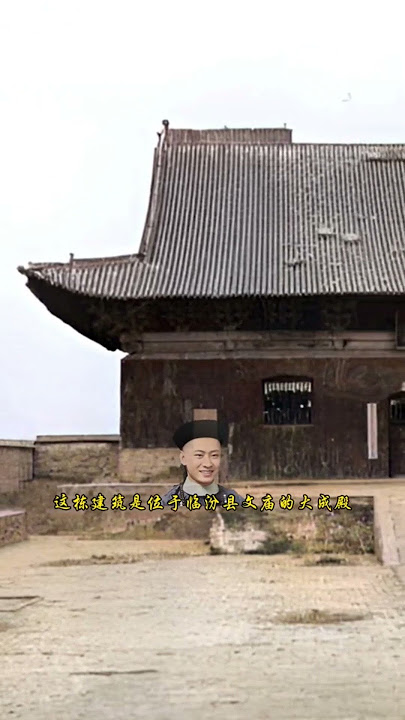
Linfen Yonghe Confucian Temple Hall.
Local Cuisine and Accommodation
When visiting the Linfen Yonghe Confucian Temple Hall, exploring the local culinary scene and finding comfortable accommodation are essential parts of the experience. The region is rich in traditional Shanxi cuisine and offers various lodging options suitable for different budgets.
Culinary Delights
Shanxi is famous for its unique flavors, and no visit would be complete without sampling some local dishes. Here are a few must-try culinary delights:
-
Noodle Dishes: Renowned throughout the province, Shanxi noodles come in many forms. The Beef Meatball Noodle Soup is a local favorite, featuring tender meatballs and flavorful broth that perfectly complement the chewy noodles.
-
Mutton Soup: Quwo Mutton Soup has a history of over 1,500 years and is celebrated for its rich, savory broth made from tender lamb. It’s especially comforting during the colder months.
-
Steamed Cakes: Hongdong Steamed Cakes are a traditional snack made with white flour and red dates. They are sweet and fragrant, making for a delightful treat.
-
Hot Pot: For those who enjoy interactive dining, try the Shanxi Hot Pot, where diners can cook their selected ingredients at the table. It’s a great way to enjoy local meats and vegetables in a communal setting.
Accommodation Options
Whether you’re looking for luxury or budget-friendly options, Linfen offers a range of accommodations:
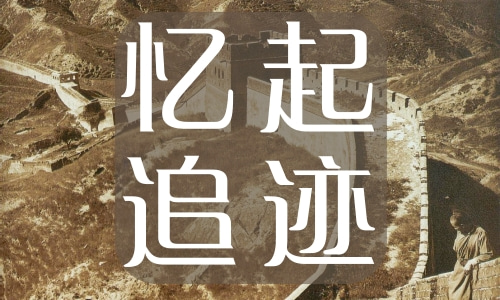
Linfen Yonghe Confucian Temple Hall.
-
Luxury Stays: For a high-end experience, the Linfen Wanda Realm Hotel provides elegant rooms and on-site dining options, along with cultural displays showcasing local heritage. The views of the Fen River from the hotel are an added bonus.
-
Mid-range Comfort: The Kukou Wanghe Hotel is a popular choice, located near the scenic Hukou Waterfall. With its comfortable amenities and excellent service, it’s perfect for travelers seeking a balance of comfort and affordability.
-
Budget-Friendly Choices: If you’re traveling on a budget, consider Home Inn Neo, known for its welcoming atmosphere and proximity to the high-speed train station. Another affordable option is the Drum Tower Inn, which offers easy access to local eateries and attractions.
Tips for Travelers
-
Dining Hours: Most restaurants open for lunch around 11 AM and serve dinner until late evening. It’s advisable to check local opening times, especially for popular spots.
-
Reservation: For high-end dining or hotels, making reservations in advance is recommended, especially during peak travel seasons.
By indulging in the local cuisine and choosing the right place to stay, your visit to the Linfen Yonghe Confucian Temple Hall can be a delightful blend of culture and comfort. Enjoy your culinary journey and restful nights in this charming region of Shanxi!
Frequently Asked Questions
-
What is the Linfen Yonghe Confucian Temple Hall?
The Linfen Yonghe Confucian Temple Hall (永和文庙大成殿) is a historical site located in Linfen City, Shanxi Province, China. It is an important cultural and educational institution dedicated to Confucius, showcasing traditional architecture and cultural significance. -
Where is the temple located?
The temple is situated in the Yonghe County of Linfen City, specifically on Dongmen Lane, adjacent to Yonghe Middle School. -
What are the opening hours?
The opening hours can vary, so it is advisable to check locally or contact the site directly for the most accurate information prior to your visit. -
Is there an admission fee?
Yes, an admission fee is required to enter the temple. Prices typically start at around ¥35 (approximately $5) but may vary depending on the season and any special events. -
Are there guided tours available?
Currently, there are no formal guided tours offered at the Linfen Yonghe Confucian Temple Hall. Visitors are encouraged to explore the site independently, but researching its history and significance beforehand can enhance your experience. -
What nearby attractions should I consider visiting?
Nearby attractions include the Yellow River Hukou Waterfall, the scenic Kanqu Bay, and the historic Guangseng Temple. These sites offer a mix of natural beauty and cultural experiences. -
What facilities are available for visitors?
The temple area may have basic facilities such as restrooms, but it is recommended to prepare for your visit by bringing water and snacks, as nearby dining options may be limited. -
Are there any specific etiquette or rules to follow while visiting the temple?
Visitors should respect the cultural significance of the temple by maintaining a quiet demeanor, refraining from touching artifacts, and following any posted guidelines. It is also polite to dress modestly when visiting religious or cultural sites.
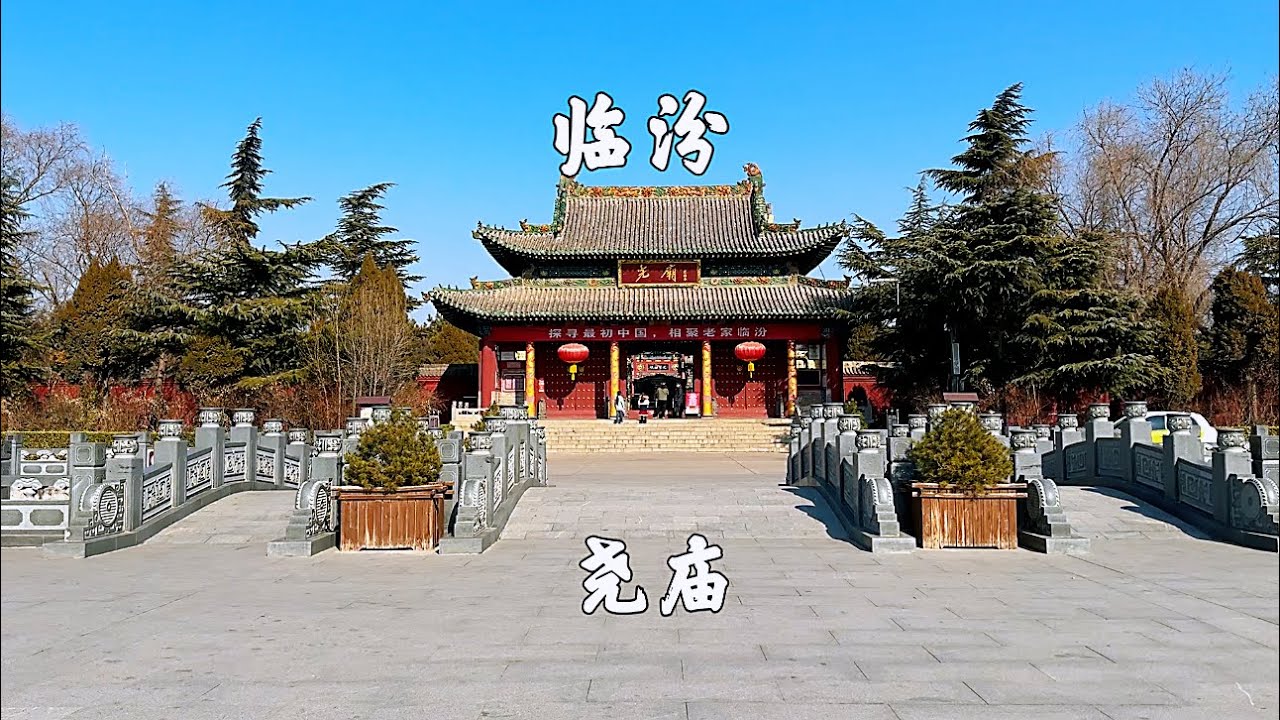
Linfen Yonghe Confucian Temple Hall.
Final Thoughts on Your Trip
Visiting the Linfen Yonghe Confucian Temple Hall is more than just a journey through history; it is an invitation to immerse oneself in the rich tapestry of Chinese culture and philosophy. This architectural marvel, with its ancient wooden structures and serene ambiance, serves as a testament to the enduring legacy of Confucianism in shaping moral and ethical values. As you wander through its halls, take a moment to reflect on the teachings of Confucius, appreciating how they continue to resonate in today’s world.
Beyond the temple itself, the surrounding area offers a delightful blend of natural beauty and local cuisine, making it a perfect stop on your travels in Shanxi Province. Whether you are a history enthusiast, a spiritual seeker, or simply a curious traveler, the Yonghe Confucian Temple Hall promises to leave you with lasting memories and a deeper understanding of Chinese traditions. Make sure to engage with the local culture, savor the regional delicacies, and perhaps even share a conversation with the friendly locals.
In this tranquil setting, you may find not only a glimpse of the past but also inspiration for your own journey forward. Embrace the wisdom of the ages as you create your own story in this remarkable place.
